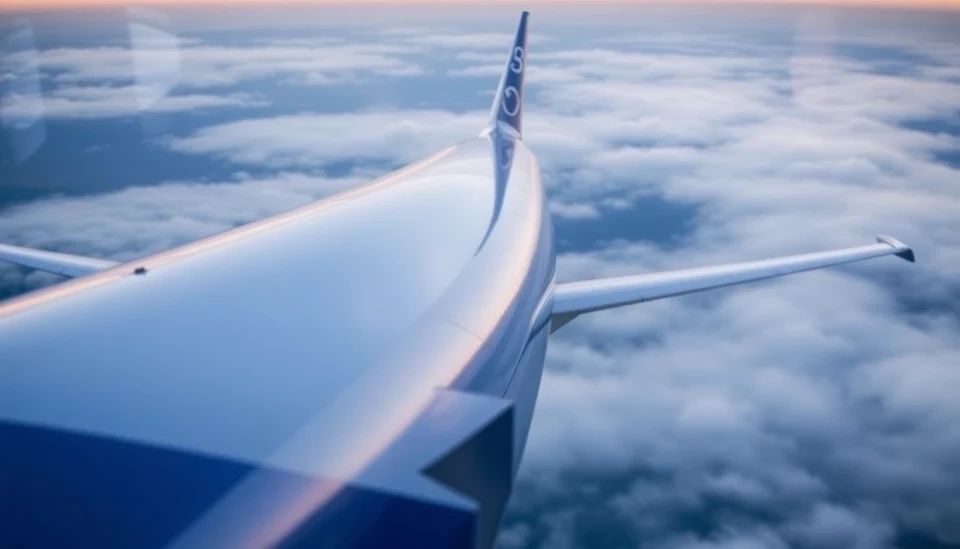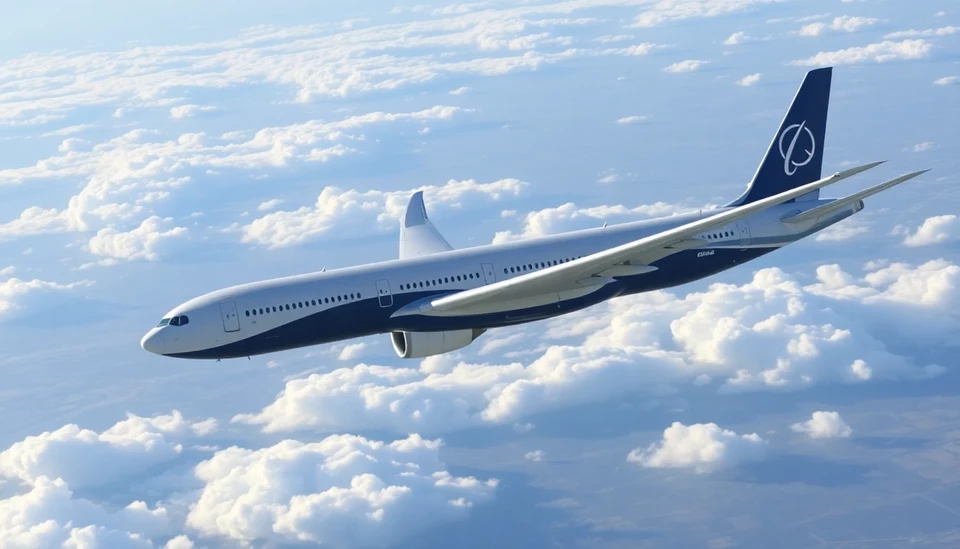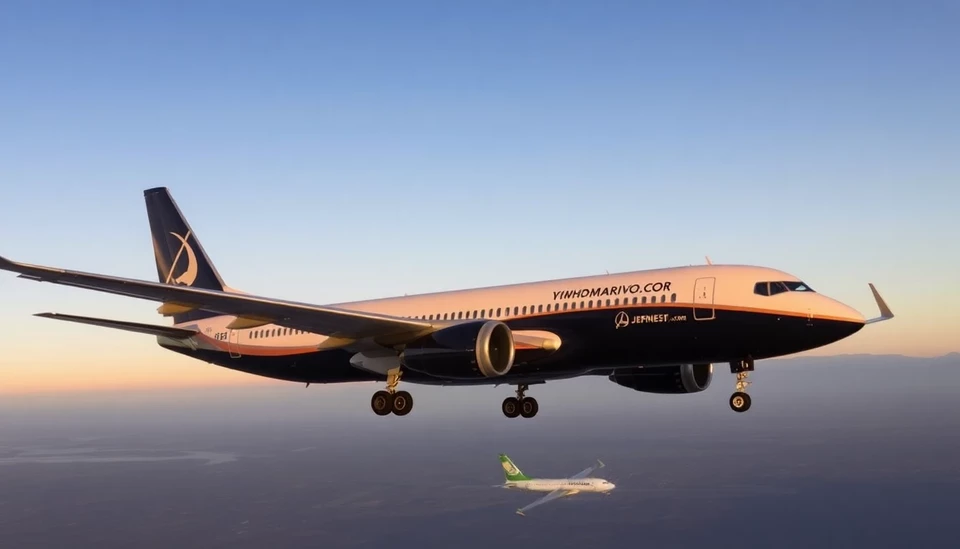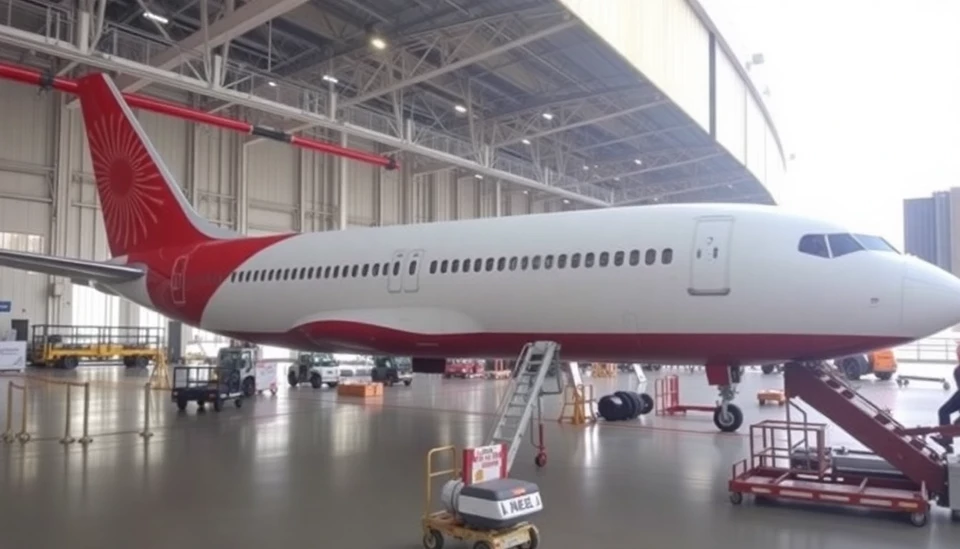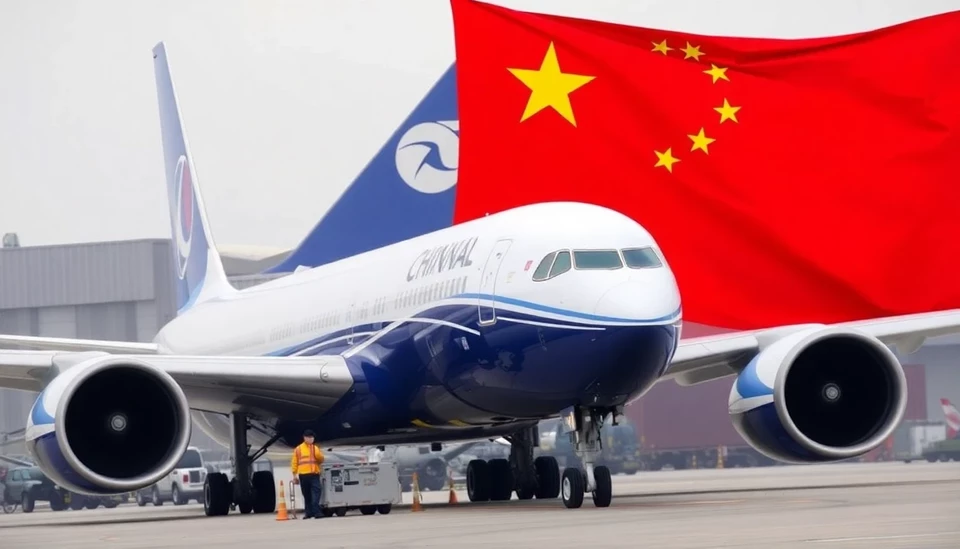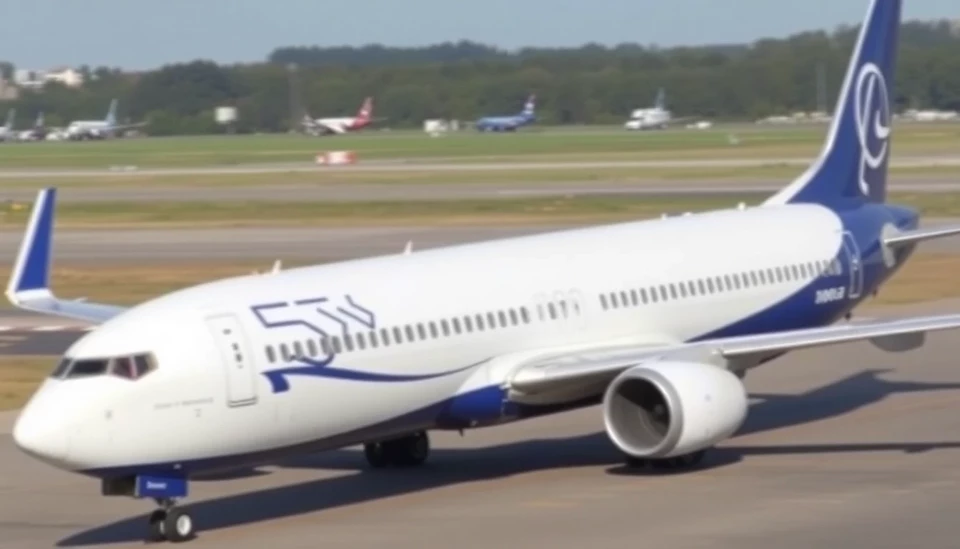
In a significant legal development for Boeing, a federal judge has declined the company’s request to enter a plea agreement related to the tragic crashes involving the 737 MAX aircraft. The incidents, which occurred in 2018 and 2019, resulted in the loss of 346 lives and led to an extended global grounding of the jetliner.
The judge's rejection of the plea deal points to ongoing scrutiny over Boeing’s safety practices and regulatory compliance. Following a detailed review, Judge Mazzant expressed concerns that the proposed agreement would not hold the company sufficiently accountable for the alleged misconduct that contributed to the crashes. This ruling marks a critical juncture for Boeing, as it navigates both legal challenges and a larger image crisis in the aviation sector.
In December 2020, Boeing had pleaded guilty to conspiracy to defraud the Federal Aviation Administration (FAA) in an effort to evade regulatory scrutiny but was granted a Deferred Prosecution Agreement (DPA). The DPA allowed Boeing an opportunity to avoid further prosecution in exchange for cooperation with government investigations and compliance with specific conditions over a designated timeframe. However, the recent rejection by Judge Mazzant raises questions about Boeing's adherence to these conditions and the potential consequences going forward.
The U.S. Department of Justice (DOJ) had been advocating for the plea agreement, which included a hefty financial penalty alongside commitments to improve safety protocols. Nonetheless, with the plea deal now rejected, Boeing faces the prospect of continuing legal battles that could further tarnish its reputation and affect its financial stability.
Boeing’s strategy moving forward remains uncertain. Industry experts suggest that the rejected plea deal could lead to more rigorous regulatory oversight and increased pressure on the company to demonstrate its commitment to safety improvements. Furthermore, the rejection underscores broader concerns within the aviation industry regarding accountability and transparency following fatal incidents.
In response to the ruling, Boeing stated that it remains committed to ensuring the safety of its aircraft and is focused on moving forward with improvements and compliance. The company has faced numerous challenges in the past few years, including navigating the global pandemic's impact on air travel, supply chain issues, and now, this renewed legal scrutiny.
As Boeing reflects on this latest setback, the focus shifts to the company’s ability to regain public trust and ensure the safety of its fleet. The 737 MAX debacle has been a stark reminder of the potential dangers of corporate malfeasance, and the aviation community continues to watch closely how Boeing will respond to these challenges in the months ahead.
The future of Boeing and its flagship 737 MAX aircraft now hinges not only on business recovery but also on its legal and ethical standing in an industry that has become increasingly vigilant about safety and accountability in the wake of the tragic events.
Moving forward, all eyes will be on Boeing as it seeks to navigate both its commitments to aviation safety and the complexities of the legal landscape it is currently embroiled in.
#Boeing #737MAX #AviationSafety #CorporateAccountability #LegalNews #FederalJudge #PleaDeal
Author: John Harris
